Sleeping on a Problem Helps You Solve it
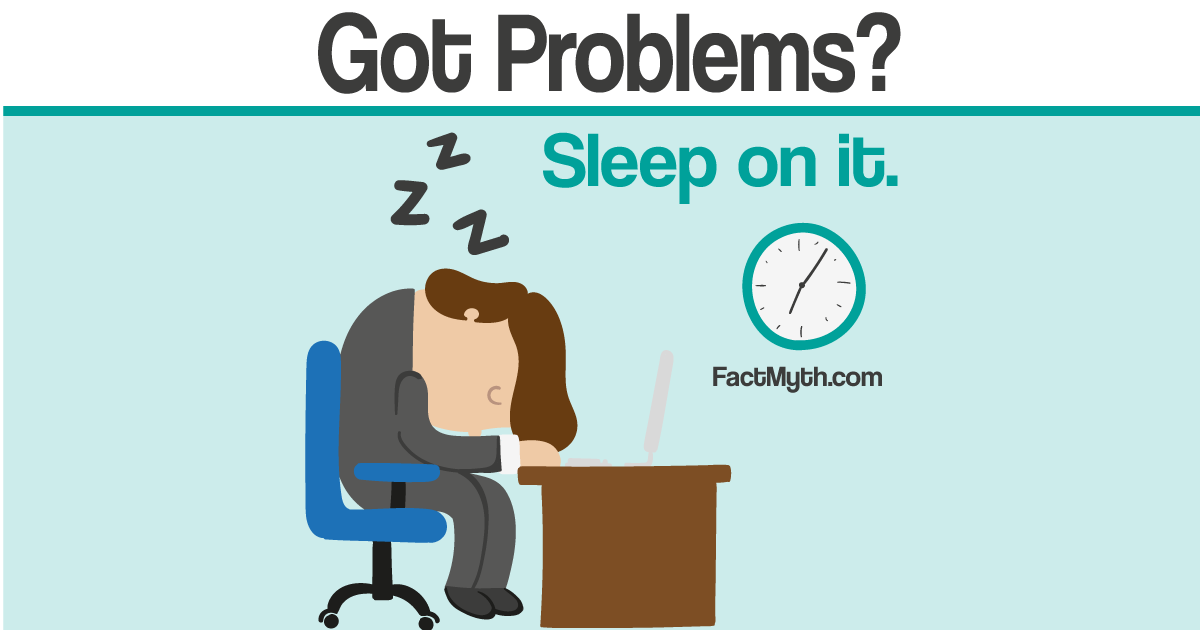
Sleeping on a problem works. Studies show a positive correlation between sleep and cognitive function. Contemplating a problem and then “sleeping on it” can result in better problem solving
Health Science is the study of health and application of science, technology, engineering or mathematics in the delivery of healthcare.

Sleeping on a problem works. Studies show a positive correlation between sleep and cognitive function. Contemplating a problem and then “sleeping on it” can result in better problem solving
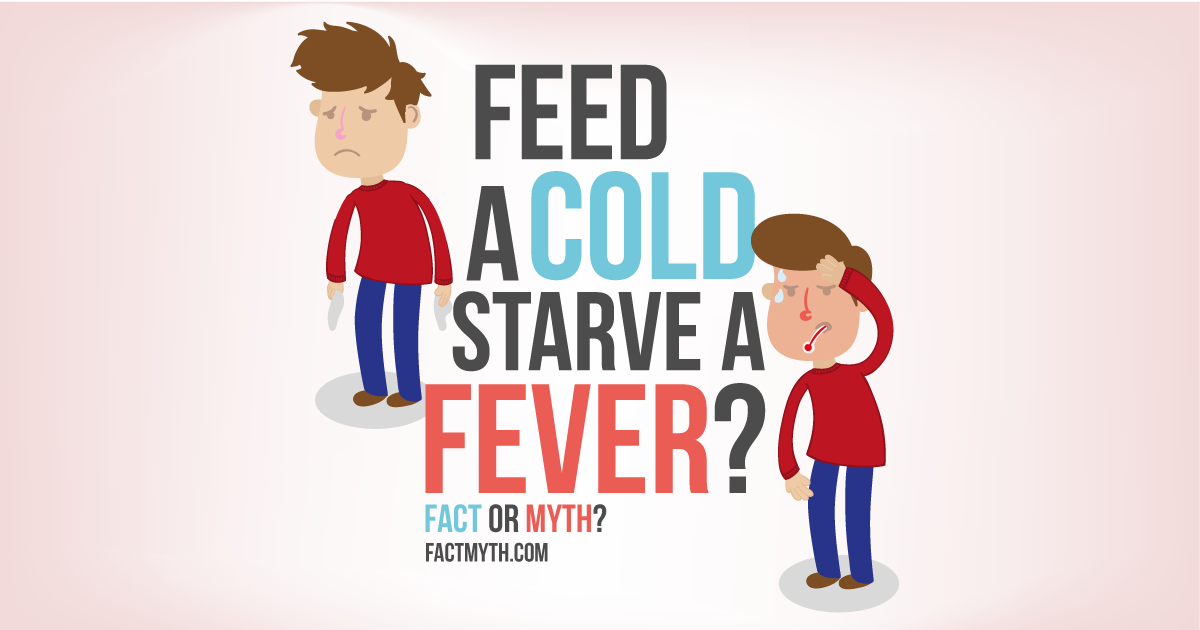
The old saying “feed a cold, starve a fever” has truth to it, but generally you should feed a cold and a fever and starve neither.

Single payer isn’t “government run healthcare,” single payer only describes funding, not who manages the fund or how healthcare is delivered.

Squatting probably provides a healthier defecation posture than sitting due to the excessive pressure that sitting creates.

Jonas Salk invented the polio vaccine in 1953 but never patented it. He believed, that like the sun, a vaccine for polio belonged to the people.
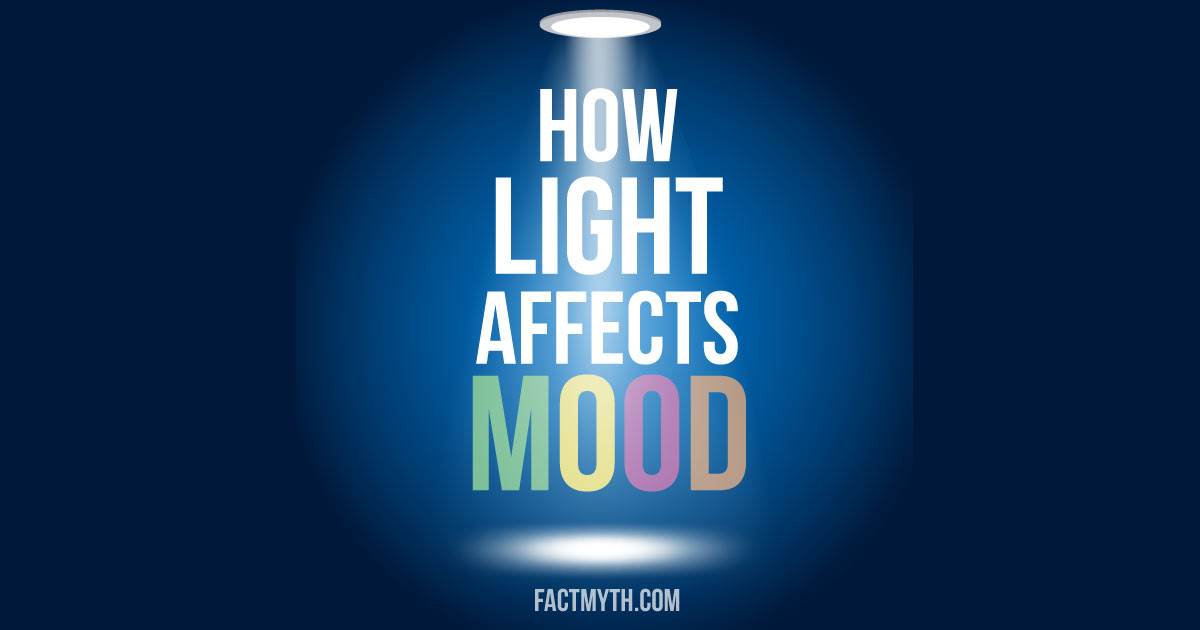
Exposure to light in moderation, especially natural sunlight, can have an uplifting effect on mood, while excessive darkness can have the opposite effect.
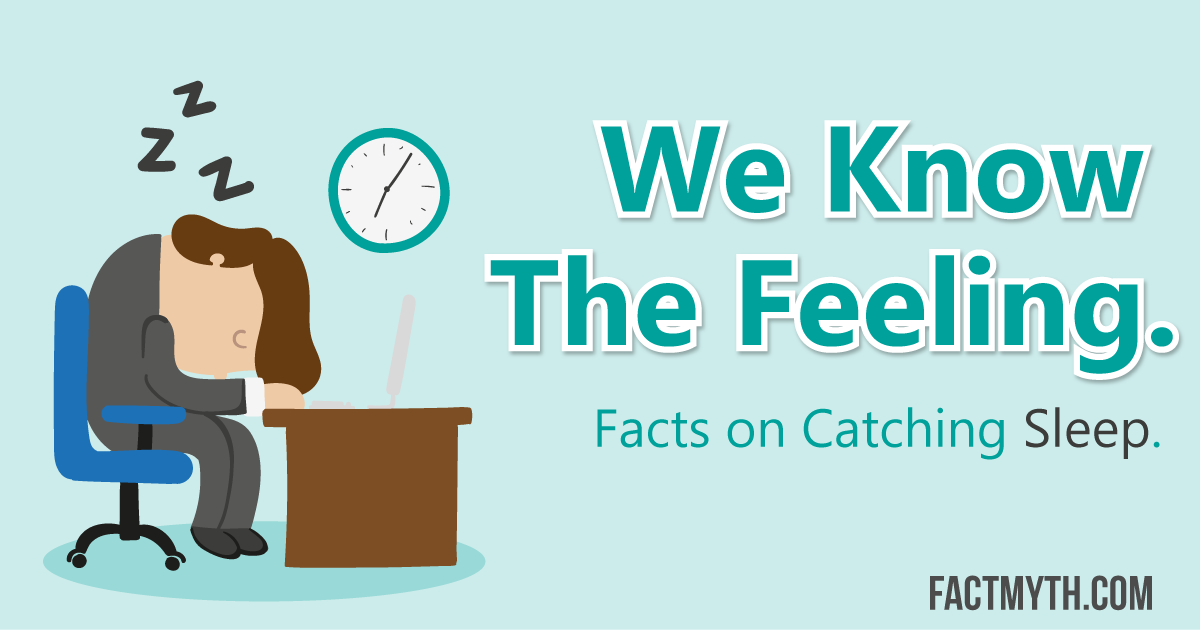
Studies show you can semi-effectively catch up on short-term sleep debt over a few nights, but not long-term sleep debt accumulated over time.

Processed meats, like bacon, cause a small increase in the risk of cancer. Processed meat is classified as Group 1 by the IRAC, carcinogenic to humans.
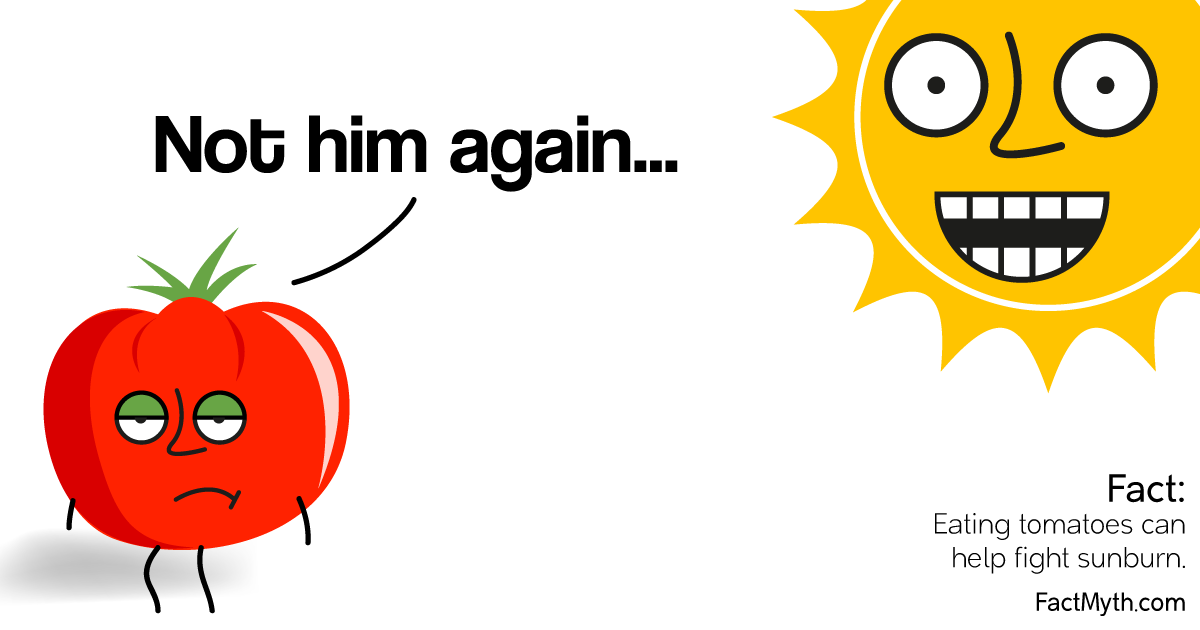
Tomatoes contain lycopene, which may help protect your skin from UV damage, this means eating tomatoes may work as a natural sunblock to prevent sunburn.
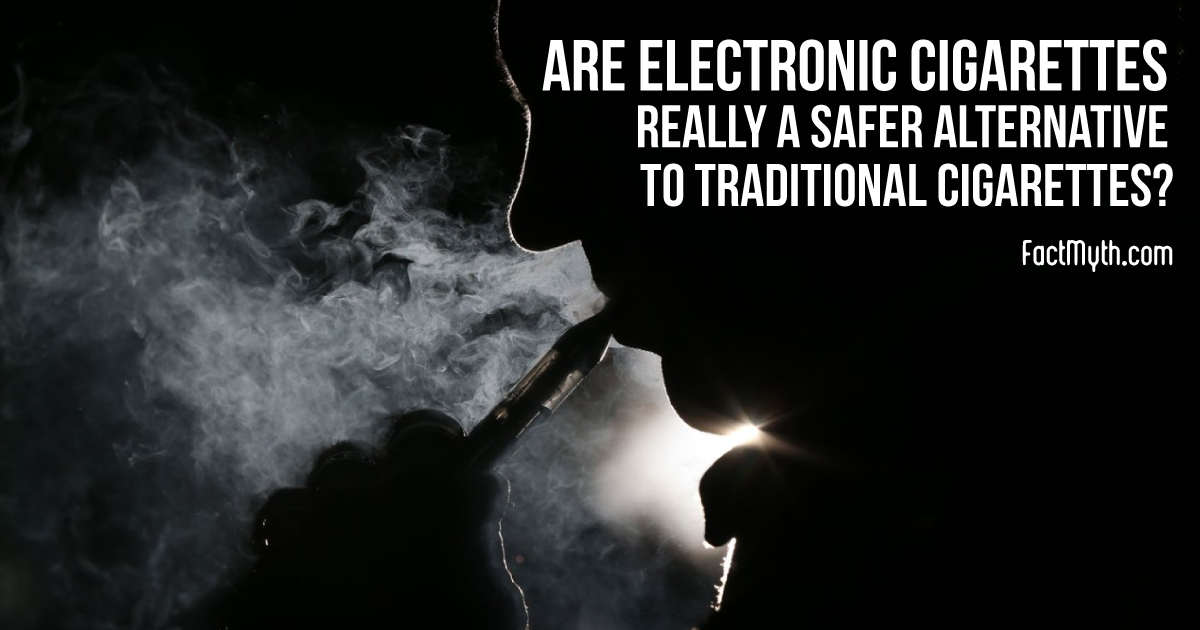
Studies have shown that both vaping and smoking tobacco are harmful. There is no conclusive evidence that shows that electronic cigarettes are safer than tobacco cigarettes.